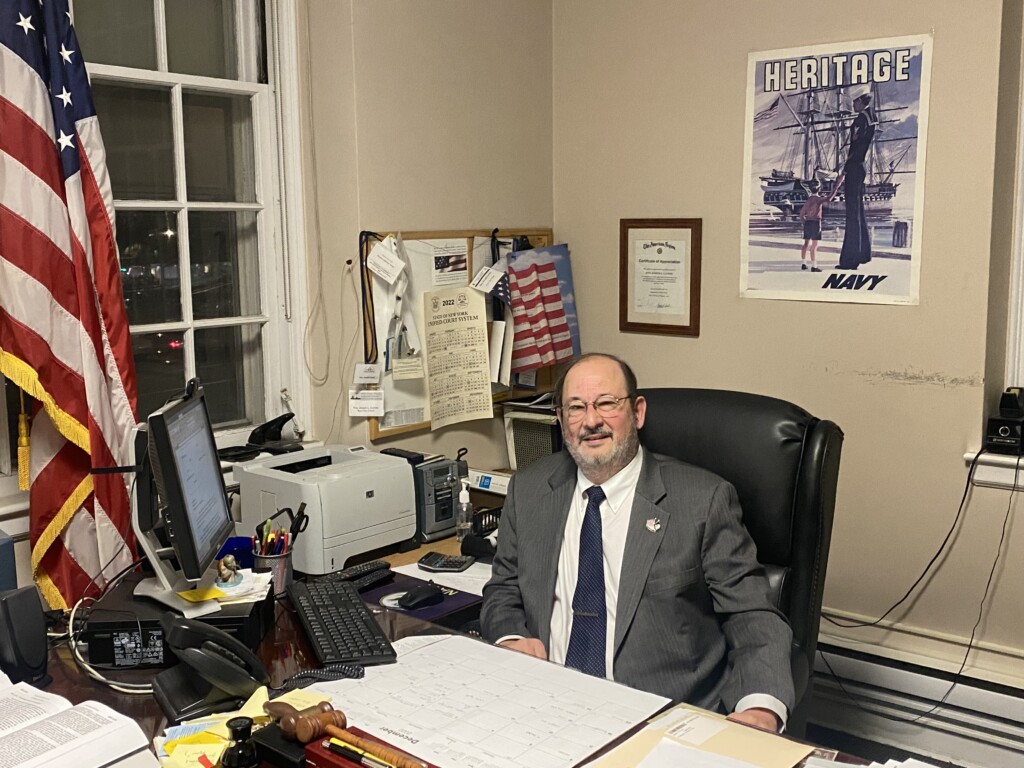Holding Court: Power of Attorney

Holding Court is a series by retired Rye City Court Judge Joe Latwin. Latwin retired from the court in December 2022 after thirteen years of service to the City.
What topics do you want addressed by Judge Latwin? Tell us.
By Joe Latwin
What would happen if you were unable to manage your affairs because you were incapacitated, disabled, or simply unavailable? It need not be a tragic event. If you were on an around the world cruise and you needed someone to make a banking transfer, how could you do it? There is no guarantee you won’t become incompetent or get hit by a bus. You could lose the use of a hand or your eyesight. Who would sign your checks? That’s where a Power of Attorney (“POA”) comes in handy. Without a POA, you could be looking at a time consuming and expensive court proceeding to have a guardian appointed who may or may not be the person you would have chosen to help manage your affairs.
A POA should be part of every adult’s planning documents. A POA is a document that allows another person the authority to make transactions on your behalf as your agent. The person who gives the power is called the principal and the person given the power is called the attorney in fact. The principal must be an adult and have the same mental capacity as is needed to make a contract. While a principal can name two or more attorneys in fact and require they act either together or separately, it is often simpler to name just one attorney in fact, and name successors to act if the previous attorneys in fact are unable to act.
A POA can be made durable, this is it will survive the incompetency of the principal. Most POAs are durable. A POA is usually immediately effective upon proper execution and lasts until death of the principal. A POA can also be springing – it will become effective upon the occurrence of an event or circumstance such as loss of physical or mental capacity. Usually, to avoid having a court determine if the springing event has happened, the POA will specify how the occurrence of the event must be determined –i.e., two doctors certifying the condition exists.
The principal can grant as many or as few powers as he or she wishes. I usually recommend granting the broadest degree of powers since neither I nor my clients can know what will be needed in the future. New York has passed a law specifying certain powers that can be chosen in a “statutory short form” power of attorney. Also, additional powers can be added to the statutory short form. I remember when the “short” form was a single front and back of a sheet. In the early 1990s, the Legislature tried to simplify the POA. A few years later, concerned that some older folks didn’t know what they were doing, the Legislature required more in the “short” form. By the early 2000s, the “short” form had grown to more than 5 pages and had requirements that made it harder for some folks to execute. In 2019, the Legislature revisited the “short” form adding disclosures but simplifying its execution. My “short” form is now about 15 pages long!
Next week, I’ll discuss what to put in a POA and how to execute them.






